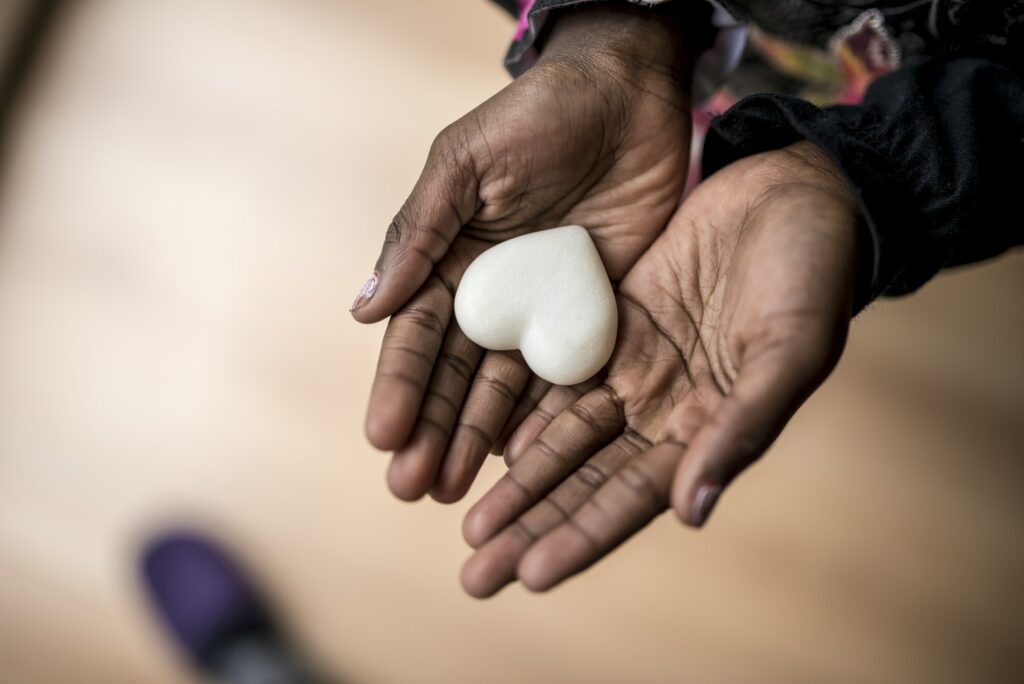Broken? Rejected? Grieving? Anyone answering, “Yes,” is in good company. The longer we live, the more loss we will experience. God never intended for our lives to be free from heartache; in fact, He has planned for us to suffer. Job even points this out in Job 3:26, I was not in safety, neither had I rest, neither was I quiet; yet trouble came. After living for God, Job still experienced great tragedy. However, this tragedy was not without purpose; it was planned by God.
Loss in the life of a Christian was never meant as a roadblock in living for God. Unfortunately, we are often the ones who create our own roadblocks toward recovery and toward living lives that glorify Him. Whether intentional or not, we can allow our losses to consume us to the point where we stand in our own way of recovery.
Everyone should grieve after loss. Grief is necessary in the process of recovery; however, there are some hurt people who long after grieving will continue to glorify their losses. They fall into the trap of “glass half empty” and refuse to see the good things that can come from their experiences in the hard times. They place their grief on a pedestal and worship at the throne of loss, while in the meantime, their worship of God suffers and wanes. They lose their focus on the One Who can carry them through to recovery. They fail to look for the lessons that God intended to teach them through the hurt. Instead, they wave the banner of grief and loss, and the only thing that sustains them is the sympathy of others. This sympathy can be like a drug to the broken person as they become addicted and cannot continue without messages and acts of kindness from others.
Grieving is normal. Sometimes, life needs to slow down and stop so that we can grieve. However, staying there to wallow is not normal. Glorifying grief is unhealthy and detrimental. Lessons that are meant to be learned will be forfeited, and the ability to help others through their own losses will never be realized.
How can we move forward in the grieving process? We do so with hope. The word “hope” is mentioned over 130 times in the Bible. God expects us to put our hope in Him. Psalm 43:5 says, Why art thou cast down, O my soul? and why art thou disquieted within me? hope in God: for I shall yet praise him, who is the health of my countenance, and my God.
A grieving person can get all the counsel and go to all the therapies, but without hope, there will be no healthy recovery. The remedy to move forward is simply hope. In order to grasp that hope, we must have a planned and purposeful focus on God and what He can do for us. God wants to bring healing, but we must be willing to be healed. God wants to teach valuable lessons, but we must be willing to be taught. To be willing, we must listen to what He says through time in the Word of God, prayer, and faithfulness to church. We must raise our eyes from the pit of loss and put our focus on God. Our trust in Him can pull us from our despair toward healing.
Hope is the spark plug that will fire the engine toward recovery, and as a bonus, it can be the catalyst to us eventually helping others around us as they struggle through their own grief. Not only can we overcome grief but also thrive after grief. When we focus on our Comforter and the Hope He offers, we can enjoy lives filled with joy and purpose after grief recovery.






